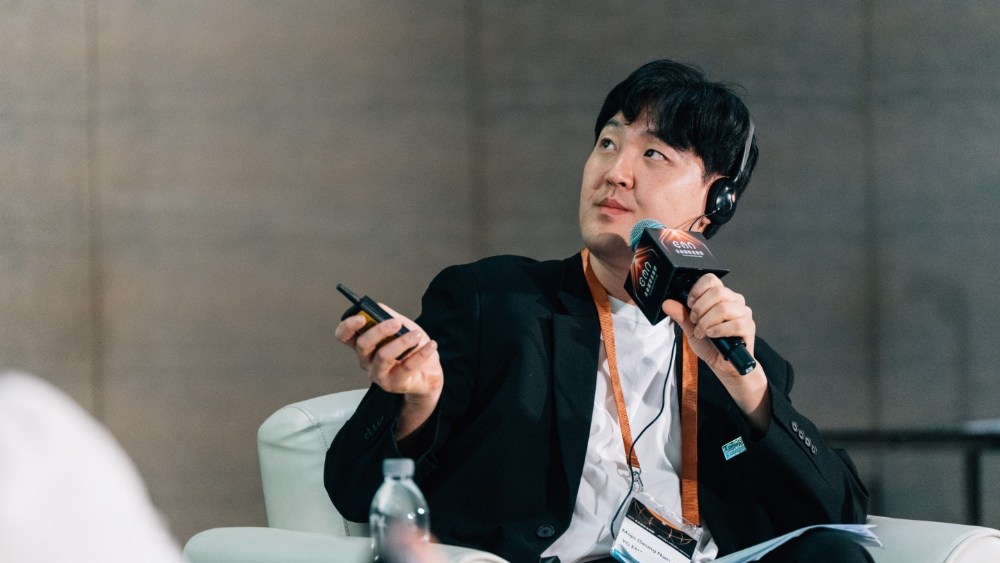The Golden Melody Festival’s conference lineup in Taipei brought together a dynamic mix of industry leaders from across Asia and beyond. Designed to spotlight Mandarin-language music while fostering international collaboration, the three-day gathering featured showcases, matchmaking sessions, and a robust slate of forums, with one standout session diving deep into the evolving machinery behind K-pop’s global success.
On opening day, YG Entertainment producer Mojo (Seung Nam Kim) sat down with Ryan Farley, managing director of U.K.-based independent record label Cooking Vinyl, to unpack the complexities of transnational music production in a panel titled “K-pop Music Production Strategies for the Global Market.” YG Entertainment is the firm behind K-pop sensation Blackpink.
With credits tied to acts like Treasure, Lee Young-ji, and (G)I-DLE, Kim offered an insider’s look at how the Korean music industry is reengineering its A&R approach to resonate with both domestic and international audiences.
“A&R matchmaking isn’t just about style – it’s about emotional language,” Kim told Variety. “The first step is identifying what kind of sound the team needs right now. From there, we refine it through references and find the right creators, not necessarily just the biggest names, who can translate that emotion into sound.”
Take global songwriting camps, for example: writers from different countries come together to craft demos, which are then handpicked by the A&R team to match an artist’s identity, from language and melody to groove and tone. The final touches are shaped in close collaboration with Korean lyricists and producers.
For Western markets, immediacy is key – catchy melodies, rhythmic clarity, and intuitive structure tend to resonate first. “International listeners often connect with tone and groove before lyrics,” Kim explained. “Whereas Korean audiences crave lyrical storytelling, emotional nuance, and even silence – those ‘empty moments’ that carry weight.”
Regardless of region, a memorable melody remains the holy grail. Kim points to NewJeans and (G)I-DLE as prime examples of artists who’ve mastered this balance – fusing Korean detail with global polish.
Cross-cultural collaboration is essential, and reflected in the numbers. In 2024, over 75% of K-pop tracks involved international creators.
For Kim, the key to working with international talent lies in embracing – not fearing – difference.
“Collaborating with global songwriters can sometimes involve language barriers, different workflows, and cultural misinterpretations, but it’s precisely through these moments of friction that non-formulaic, genre-bending sounds are born,” he said.
As K-pop production becomes increasingly borderless, Kim believes the genre’s future lies in its ability to stay emotionally grounded while embracing a broader palette. “Looking ahead, I believe K-pop will continue to evolve by incorporating more co-creators from diverse countries and cultures,” he said. “Music’s power to create emotional resonance and human connection across languages and backgrounds is what will keep K-pop relevant and thriving in the global mainstream.”


